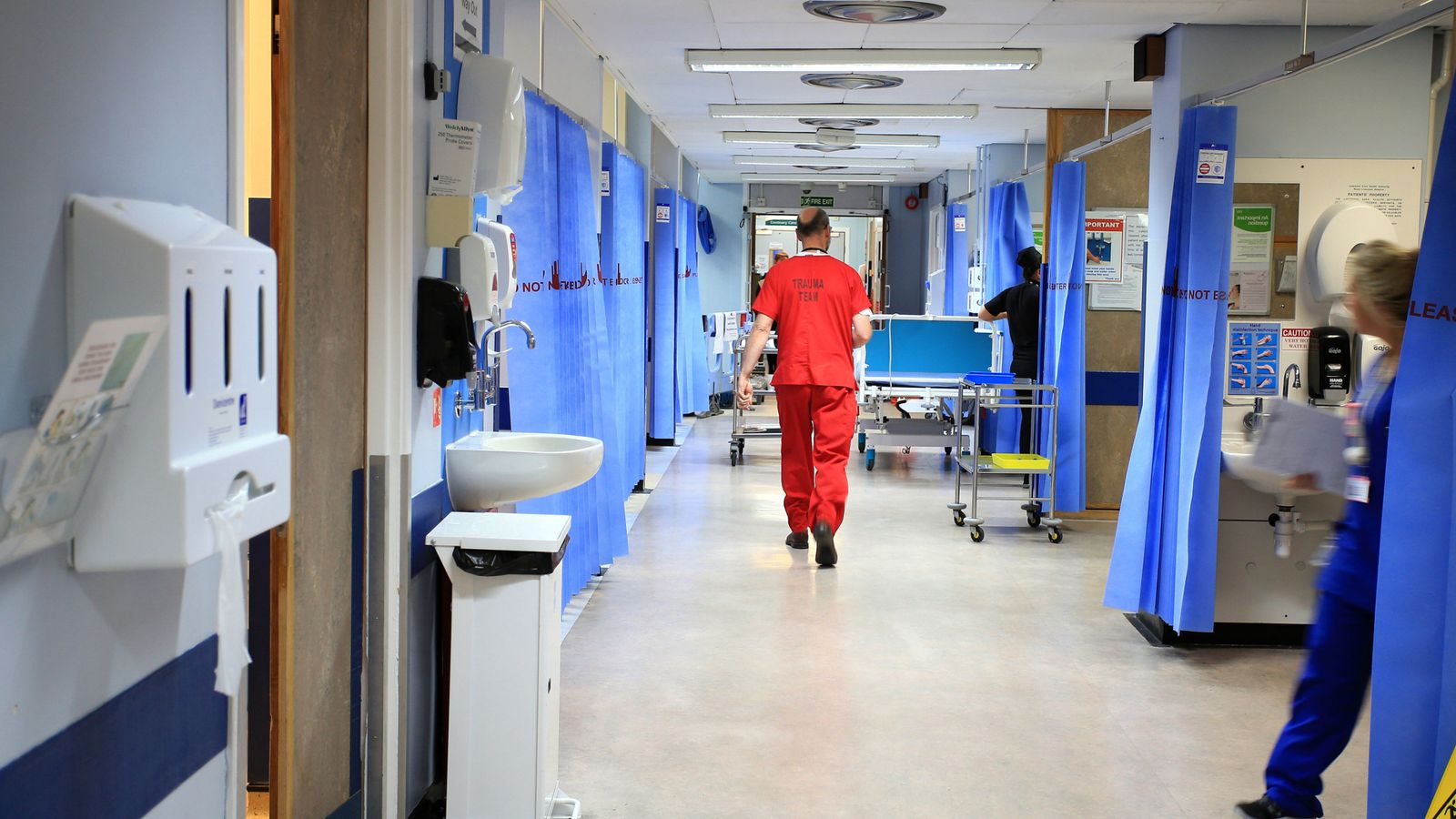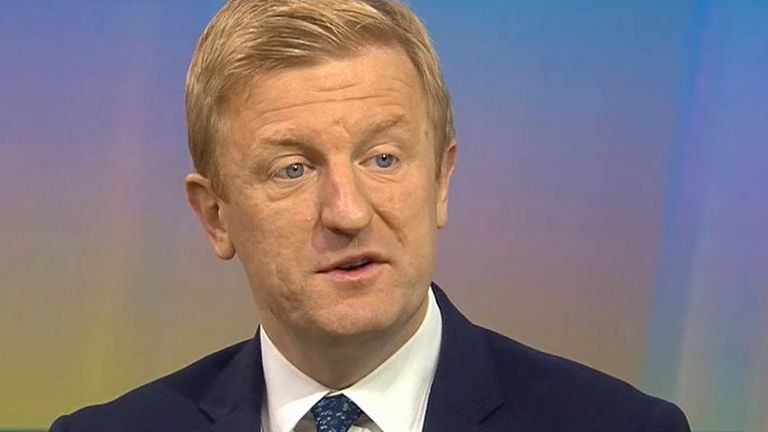A study by researchers suggests that air filters can remove almost all airborne traces of COVID-19.
The findings by the University of Cambridge and Addenbrooke’s Hospital could not only improve the safety of “surge wards” but also opens up the possibility of setting standards for cleaner air to reduce the risk of indoor transmission.
With fears growing of another potential wave this winter, the discovery could allow hospitals to better manage their repurposed “surge wards” which can often lack the ability to change the air with a high frequency.
Portable air filtration and ultra-violet sterilisation devices are being proposed as an effective method of preventing patient-to-healthcare worker transmission in COVID-19 wards, according to the study published in the Clinical Infection Diseases journal.
Dr Vilas Navapurlar, a consultant in intensive care medicine who led the study, said: “Reducing airborne transmission of the coronavirus is extremely important for the safety of both patients and staff.
“Effective PPE has made a huge difference, but anything we can do to reduce the risk further is important,” he added.
“Because of the numbers of patients being admitted with COVID-19, hospitals have had to use wards not designed for managing respiratory infections.
“During an intensely busy time, we were able to pull together a team from across the hospital and university to test whether portable air filtration devices, which are relatively inexpensive, might remove airborne SARS-CoV-2 and make these wards safer.”
The team installed a high efficiency particulate air filter/UV steriliser – a device made up of thousands of fibres knitted together to form a material that filters out particles.
These machines were placed in fixed positions in the ward and operated continuously for seven days, collectively filtering the full volume of air in each room between five and 10 times per hour.
The doctors, scientists and engineers crucially developed a new robust technique for assessing the quality of the air.
They placed air samplers at various points in the room and then tested the samples that were collected using PCR assays similar to those used in the “gold standard” COVID-19 tests.
The team found that the devices not only reduced all traces of the SARS-CoV-2 virus when it was running, but also significant reduced levels of bacterial, fungal, and other bioaerosols.
Dr Andrew Conway Morris, from the department of medicine at the University of Cambridge, said: “We were really surprised by quite how effective air filters were at removing airborne SARS-CoV-2 on the wards.
“Although it was only a small study, it highlights their potential to improve the safety of wards, particularly in areas not designed for managing highly infectious diseases such as COVID-19,” added Dr Morris.


